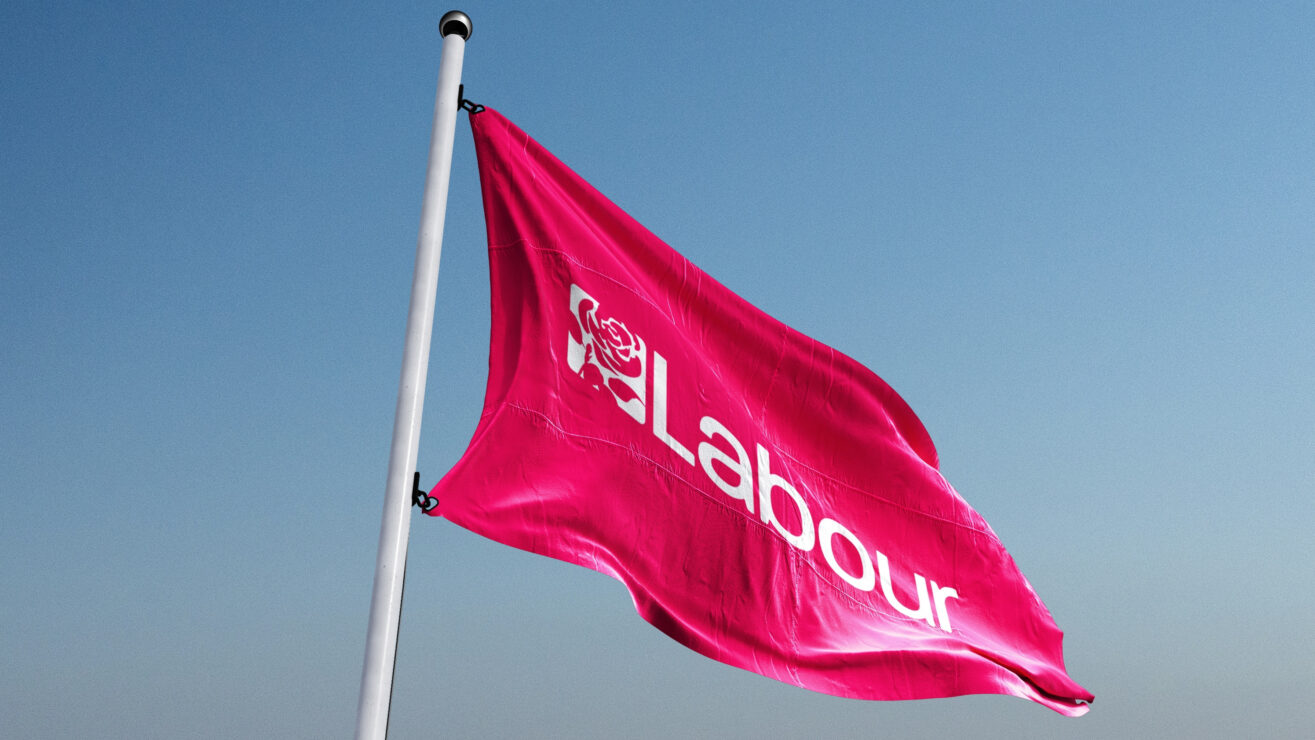“Universities told they must protect freedom of speech” says the headline in today’s Times.
Keen followers of the HE culture wars might have been surprised to read the Times’ take on Jo Johnson’s letter to UUK calling on universities to be responsible for freedom of speech mainly because universities have been required to “protect freedom of speech” since legislation was passed requiring them to do so when Johnson was fifteen.
“It’s a legal duty” notes the Times, to “ensure as far as practicable that freedom of speech is secured for members, students, employees and visiting speakers”. All university premises should not be “denied to any individual or body on any grounds connected with their beliefs or views, policy or objective”. He reminds them “it is important to note that the duty extends to both the premises of the university and premises occupied by the students’ unions, even when they are not part of the university premises.”
On the face of it this looks not dissimilar to Johnson’s letter to UUK on anti-Semitism last month; a “public reminder” to universities of their existing legal duties that preserve the prized autonomy of the HE sector while looking tough for his backbenchers in the papers. He reminds vice chancellors that freedom of speech codes of practice should not be allowed to “gather dust”- but having had to review their wording in light of Prevent legislation over the past few years, it’s monumentally unlikely that any vice chancellor or registrar in the UK is not already acutely aware of the legal duty.
Packaged into the piece in the Times is the usual collection of nonsensical culture wars tropes: students are the ‘victims’ of censorship; Germaine Greer; vicars and tarts parties; and the outlawing of the phrase ‘mankind’. “94 per cent of campuses have some restrictions on freedom of expression” it repeats, apparently not concerned that according to the pitiful ‘research’ it references, 6% of universities would appear to think it’s OK to sexually harass people in blackface whilst inciting terrorism.
Act, or we’ll regulate he warns. “[The government] could require providers that are subject to a public interest governance condition to include a principle about freedom of speech principles in their governance documents”. Strong stuff.
Of course, there is no prospect that either the 1986 Education Act or the current Bill’s public interest governance condition could end up stopping students’ unions from deciding not to stock The Sun or resolving to ban groping in their nightclub. There’s also no prospect of a change to charity law, where there’s a countervailing duty on students’ unions and universities to manage the risks associated with external speakers.
There is, as ever, no mention of the fact that it’s remarkably hard to find real evidence of speakers being actually banned anywhere. And there’s no mention at all of the expectation that universities are expected to heavily restrict the freedom of speech of anyone that’s Muslim and wants to question western values.
The prospect of the Higher Education and Research Bill’s “public interest governance condition” being souped up in this area is as intriguing as it is dispiriting. Johnson has already argued that the new condition on governing bodies shouldn’t be used to do innocuous things like cause governing bodies to respond to student concerns, allow proper scrutiny of sky high executive pay, or have students in membership of governing bodies – in order to protect “autonomy”.
Yet when it comes to a set of duties that universities have been actively wrestling with since he was fifteen, the sword of regulation is dangled over the head so the minister can look tough on the eve of the third reading in the Lords.
It’s perfectly possible to see the Johnson letter as a purely political move; a not-so-dead-cat on the table to convince Lords that the NSS doesn’t, in fact, lead to student demands for safe spaces being acquiesced to unthinkingly. But he should be careful what he wishes for.
Back in the mid-eighties, much of the outrage over freedom of speech came from student protests about pro-apartheid backbenchers. In the 90s, it was students that were banning the vile anti-seminism of Hizb Ut Tahrir, long before Prevent came on the scene. In the 00s students’ unions were giving “Zero Tolerance” to sexual harassment long before UUKs taskforce ambled round to it. And I’m pretty confident that in 20 years we’ll look back on the current era and wonder why on earth we were worried that students were debating and then outlawing transphobia, or bullying, or rich white people dressing up as poor black people.














“The Charities Commission also have an important role to play here, particularly as students’ unions established at universities are mostly charities, subject to the requirements of charity law.”
He doesn’t actually elaborate on this point – and if he did, he may find his own view at loggerheads with the commission who believe the reputation and good standing of the charity are more important that freedom of speech
I’m getting flashbacks to long conversations back in 2015 comparing the relative legal weight of ‘due regard’ and ‘duty to ensure.’
In many ways though the legality of the relationships of the education, charity and CATS acts is a side show.
I think Alan’s on the money here. As far as students’ unions go, the likelihood and potential consequences of the charity commission weighing in are much greater than Spiked (or the Henry Jackson society for that matter) taking a legal potshot.
It is not actually that difficult to find evidence of speakers being banned. Just this week rector candidate Milo Yiannopoulos was banned from holding a live stream Q&A within the student union by the Queen Margaret Union at the University of Glasgow. According to TheTab: The Union’s Vice President Katrina Denholm defended the decision to ban the live stream by stating that Yiannopoulos’s beliefs are “deplorable”. An extremely clear violation of the legal duty which Johnson refers to.
The University of Manchester student union banned both Milo Yiannopoulos and Julie Bindel. It is clear from the statement by the Manchester SU that they were banned for their views. The SU’s statement further includes: “this event with the proposed speakers will not be going ahead under the banner of the Students’ Union, with our support or using our resources”. Again, a very clear violation of the legal duty which Johnson refers to. The event did take place later and according to the organisers: “The event was […] organised separately from the University of Manchester Students’ Union. This was facilitated by the University under its duty and obligations to protect freedom of speech.” So the University in this case upheld its legal duty, but the Students’ Union did not.
Banned versus choose not to invite? I think there is sometimes blurring between the two. If I organise an event, I can choose whom I invite to speak. There are many reasons for not inviting someone including that they’re a rubbish speaker, obnoxious or unreliable, none of which may mean I oppose their views. If I organise an event addressing a topic that misses an important viewpoint, then I can expect to be criticised.
In addition, even when a speaker might hold views many disagree with, they can still express them in a respectful way. Many of the “alt-right” (far right re-branded) speakers do not possess that skill and rely on being as obnoxious and insulting as possible often in a homophobic, racist or misogynist way. Refusing to invite such a person is not a breach of free speech.
Despite Milo Yiannopoulos claiming he was “banned” from UC Berkeley for his views; he was actually banned because he threatened to publicy name students with uncertain immigration status. He also outed and openly mocked a transgender student at another university. Freedom of speech should be protected; freedom to harass and be obnoxious should not.
@RebeccaTaylor
In both the Glasgow and the Manchester case there was an invitation from a group of students (in the case of Manchester: from the free speech and secular society, which is a society within the SU). The Student Union in Manchester did not permit one of its societies to host certain speakers. Certainly in the case of Manchester, therefore “banned” seems the applicable word, not “chose not the invite”.
UC Berkeley did not ban Milo Yiannopoulos: they allowed the event. However, a few hours before the event was about to take place, it had to be cancelled because of riots by people who were opposed to it (they looted a store, set fire to equipment and assaulted people).
Milo Yiannopoulos did not “out” Justine Kramer. She had a few months earlier appeared in local media to tell her story.